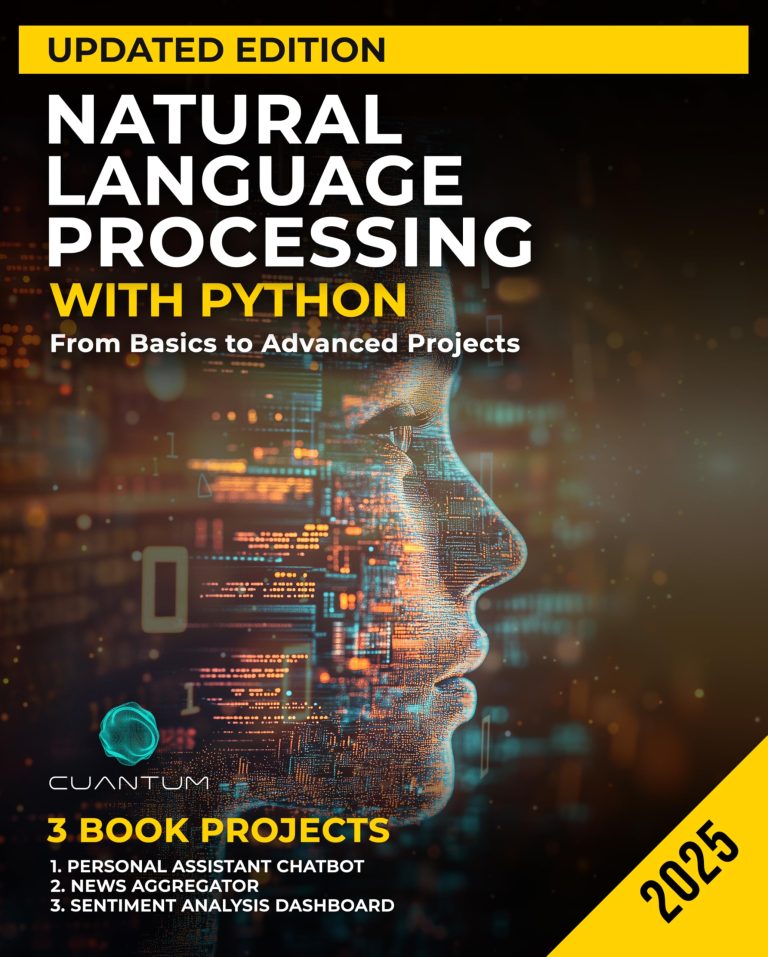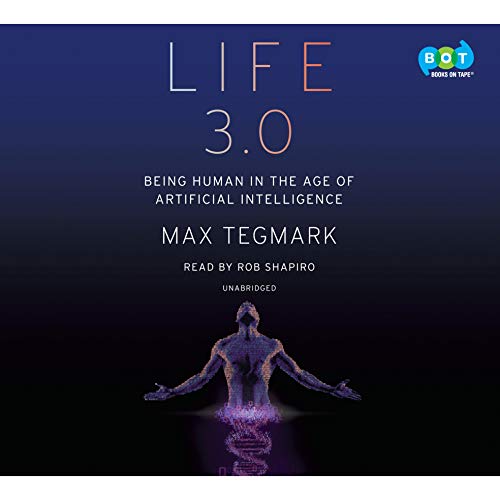
Now loading...
Google has unveiled a new cloud-based AI processing platform called Private AI Compute, designed to harness the advanced capabilities of its Gemini models while maintaining the stringent privacy protections typically associated with on-device computations. This initiative represents the latest advancement in the company’s long-standing efforts to develop privacy-enhancing technologies for AI applications, emphasizing safety and user control as core elements of its approach.
The platform addresses the growing demands of AI systems that are becoming increasingly personalized and anticipatory, capable of offering tailored recommendations and executing tasks at optimal times. Such sophisticated functionalities often require the enhanced computational resources available in the cloud, surpassing the limitations of device-based processing. Private AI Compute enables users to benefit from quicker and more insightful responses, facilitating easier information retrieval, intelligent suggestions, and seamless actions, all without compromising data confidentiality.
Developed under Google’s commitment to responsible AI, the system adheres to established guidelines including the Secure AI Framework, AI Principles, and Privacy Principles. It creates a dedicated, secure environment in the cloud where personal data is handled with the same sensitivity as on local devices. This isolated processing space safeguards user information, behaviors, and interactions through additional layers of protection beyond standard AI security measures.
At its foundation, Private AI Compute relies on a unified infrastructure powered by Google’s custom Tensor Processing Units and enhanced by Titanium Intelligence Enclaves for robust security. This setup allows integration of the powerful Gemini models from the cloud, mirroring the reliable computing backbone used in services like Gmail and Search. To ensure exclusivity, the platform employs remote attestation and encryption to link user devices to a hardware-secured enclave, permitting data processing solely within this protected zone. Consequently, sensitive details remain accessible only to the individual user, inaccessible even to Google itself.


